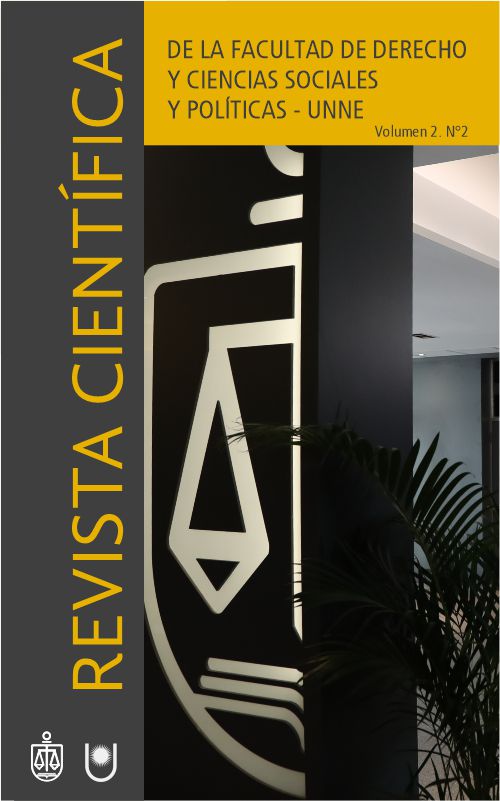This is an outdated version published on 2023-07-26. Read the most recent version.
The slaving experience in the urban economic and social frames. The case of the Soto family
DOI:
https://doi.org/10.30972/rcd.226737Keywords:
stipendary slavery, inheritance, Corrientes elite, modalities of slaveryAbstract
The article will refer to the singularities of the urban slavery experience in the economic and social frameworks at the end of the 18th century and the beginning of the 19th century. In particular, the case of the Soto family is analyzed in terms of evidencing different features that allow it to be characterized as part of the local elites. Thus, the study of it is based on its relevance in local history and significant influence on the conformation and organization of Goya. Based on which, a historiographical analysis and a study of legal hermeneutics are carried out, which includes an unpublished private archive of the Soto family, which makes it possible to apprehend slavery socio-historically in the Corrientes subregion. In this way, a comparative analysis of the macro context of the time is carried out considering the non-Spanish and Spanish-American colonies. In general, in the United States and Brazil, the work of black slaves was predominantly linked to the economic exploitation of plantations. However, the trend allows us to establish a differentiation with respect to Latin America, where slavery was fundamentally urban and domestic. However, it cannot be ruled out that, to a lesser extent, other forms of slavery coexisted in both cases. In this framework, the analysis that goes from the general to the particular, the study of the characteristics of urban slavery, the economy and society in the Río de la Plata, in the Corrientes subregion and in the origins of the city of Goya.Downloads
Published
2023-07-26
Versions
- 2024-03-20 (2)
- 2023-07-26 (1)
How to Cite
López Villagra, E. D. (2023). The slaving experience in the urban economic and social frames. The case of the Soto family. Research Journal of the Faculty of Law and Social and Political Sciences – UNNE, 2(2), 1–20. https://doi.org/10.30972/rcd.226737
Issue
Section
Artículos científicos







52.jpg)






